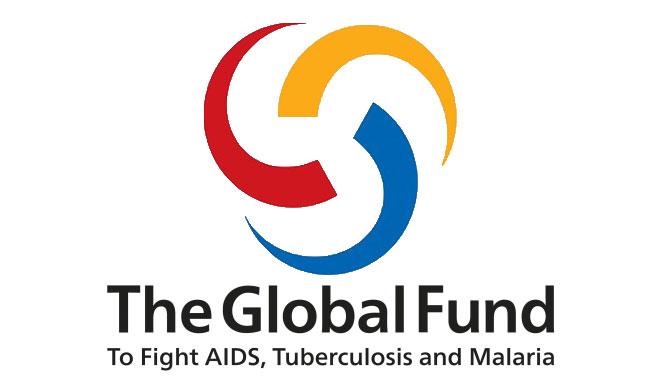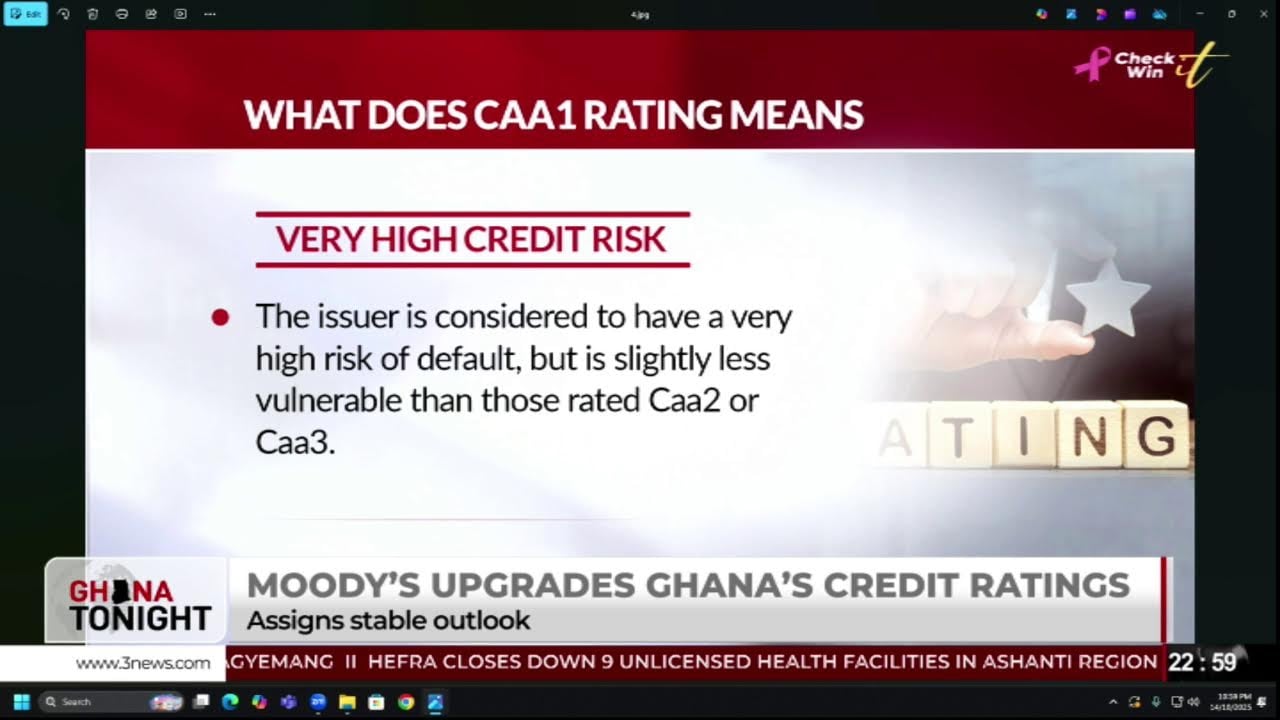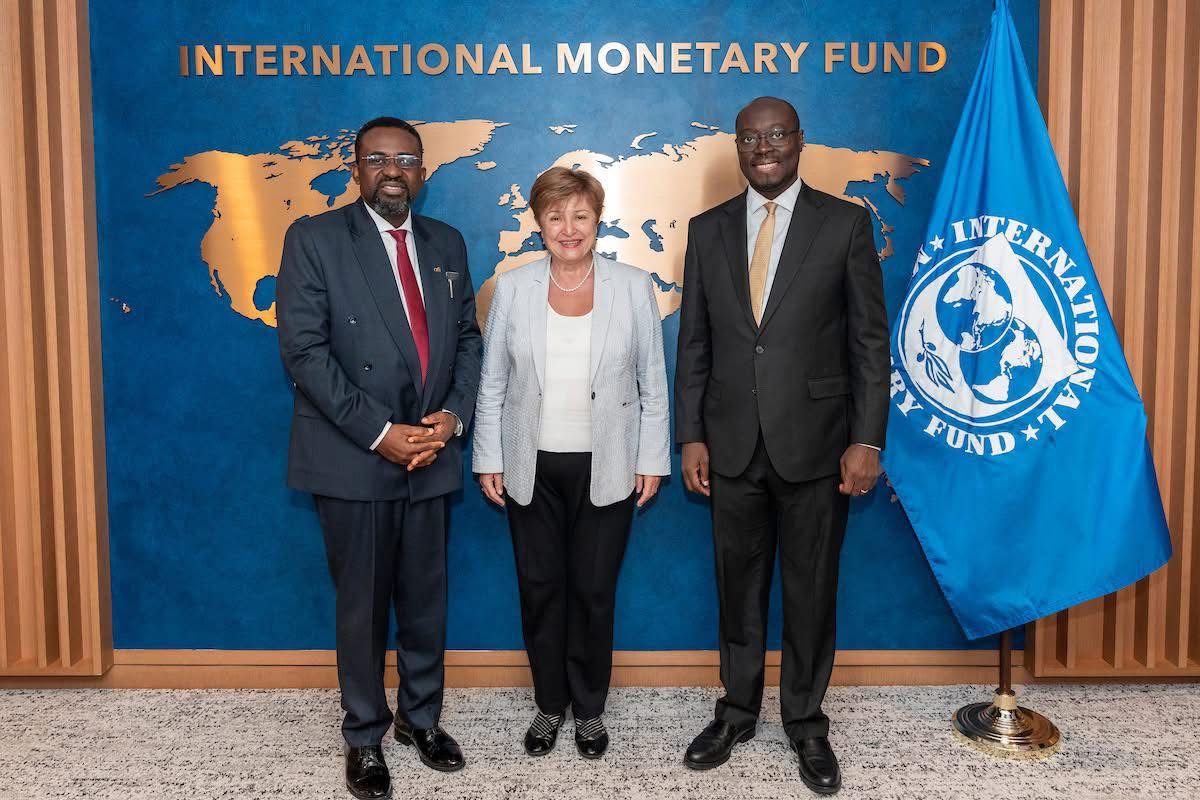
Payment consists of reforms to enable the country to produce its Supply Chain Master Plan
The Global Fund has agreed to accept in-kind payment in lieu of cash for $27.4 million in recoveries owed by Ghana. The in-kind payment consists of reforms that Ghana must implement in order for the country deliver its Supply Chain Master Plan. This is the first time that the Fund has agreed to such an arrangement.
The $27.4 million was deemed to be recoverable after fire destroyed the central medical stores warehouse in Accra in January 2015. There was no insurance coverage. This is considered a "non-OIG" recovery because it was the result of events that occurred in the normal course of business, and was not the outcome of an OIG audit or investigation.
The Recoveries Report for the Period Ending 31 December 2016 states that "in light of significant macro-economic difficulties in Ghana and the fact that Ghana likely would not be able to repay $27.4 million," the country team and senior management recommended that the Global Fund accept a payment-in-kind approach up to the full amount of the loss on the condition that the Government of Ghana implement specific supply chain reforms. The absence of these reforms has been a major bottleneck for the programs supported by the Global Fund.
The agreement was negotiated in June 2016 but was only recently finalized because of a change in government in Ghana in December 2016.
Under the agreement, Ghana has undertaken to:
implement last mile distribution – i.e. improve the availability of medicines and other health products at the service-delivery point level;
establish a logistics management information system (LMIS) – i.e. improve the availability and quality of logistics data for better forecasting, quantification and budgeting. This will enable Ghana to make informed decisions about how to make optimal use of available resources;
optimize warehousing and distribution – i.e. build an efficient and transparent supply chain for effective health-products management across the country; and
establish framework agreements for the procurement of essential medicines. Ghana will establish mechanisms for the efficient use of available resources to achieve better value for money. The use of framework agreements will enable the Government of Ghana to make savings on the costs of health products which will, in the end, sustain Global Fund investments in the country and ensure that essential medicines and services are accessible to all Ghanaians.
Achieving each of these four milestones reduces the recoverable amount. If milestones are not achieved, the recoveries process would kick in again and the Global Fund would either reduce Ghana's 2017-2019 allocation on a two for one basis or demand other recovery actions.
The Recovery Report says that Ghana has also agreed (a) to repay without delay other outstanding recoverable amounts in the amount of $1.2 million stemming from an OIG audit, as well as some other amounts for expenditures that were deemed ineligible; and (b) to replace $3.8 million worth of defective condoms procured under previous programs. If Ghana defaults on these obligations, then the amounts involved become repayable.
Health partners in the country have endorsed the agreement.
Some information for this article was provided by the Global Fund Secretariat.
Read Full Story




















Facebook
Twitter
Pinterest
Instagram
Google+
YouTube
LinkedIn
RSS